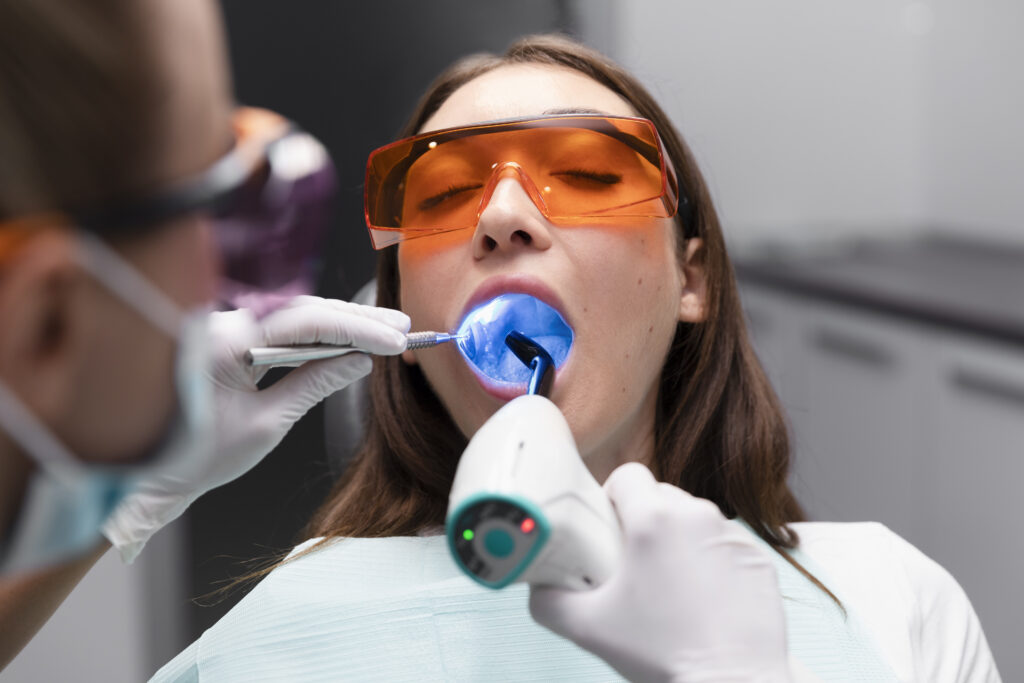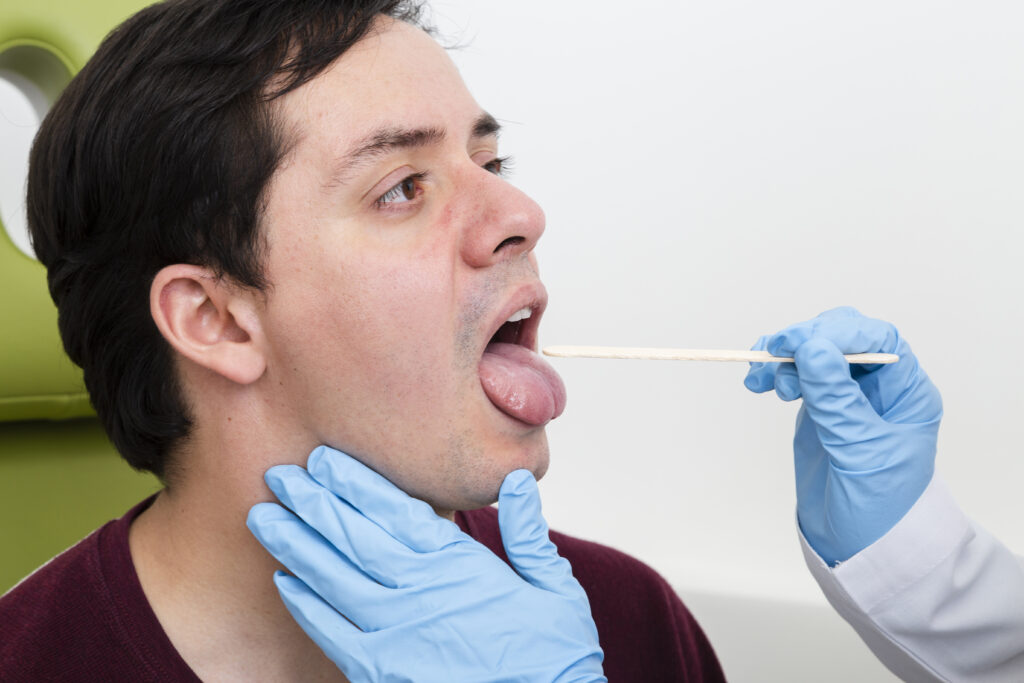Dental health includes more than just a dazzling smile. It plays a big part in our overall well-being, helping us eat, speak, and enjoy life. When teeth are damaged, decayed, or missing, restorative dentistry helps bring back function, comfort, and confidence. However, restorative dentistry is more than just fixing problems. It is a key part of long-term dental health.
Understanding Restorative Dentistry
Restorative dentistry focuses on repairing or replacing teeth. It includes fillings, crowns, bridges, implants, and dentures. The goal is to restore the mouth’s natural function, so people can chew, talk, and smile without pain or embarrassment.
What Happens if Damaged Teeth are Not Restored?
Ignoring dental problems can lead to bigger issues. A small cavity, left untreated, can grow and reach the tooth’s nerve. This can result in pain, infection, and, ultimately, tooth loss. If a missing tooth is not replaced, other teeth may shift out of place, making it harder to clean the mouth and chew food properly. Jawbone loss can also occur if a missing tooth is not replaced.
The Impact on General Health
Oral health is closely linked to overall health. Infection in the mouth can enter the bloodstream, affecting the heart and other organs. Chewing problems caused by damaged teeth can lead to poor nutrition. Restorative dentistry helps prevent these complications by keeping the mouth healthy and functional.
The Role of Diet: Foods That Are Good For Your Teeth
Restorative dentistry repairs the damage, but good habits help maintain dental health for years. One of the most crucial aspects is the diet. Choosing foods that are good for your teeth can reduce the risk of future dental problems.
Nutrient-Rich Foods for Strong Teeth
A diet full of vitamins and minerals helps teeth stay strong. Calcium-rich foods like milk, cheese, and yogurt help build and protect enamel. Leafy green vegetables, such as spinach and kale, are also excellent for dental health, as they provide calcium and other nutrients that support strong teeth.
Crunchy Fruits and Vegetables
Crunchy fruits and vegetables, such as apples, carrots, and celery, can help clean your teeth after you eat. They stimulate saliva flow, which removes food particles and germs. Saliva also neutralizes acids in the mouth, protecting teeth from decay.
Foods That Protect Enamel
Phosphorus, naturally present in eggs, fish, and lean meats, is essential for tooth strength. Foods high in vitamin D, such as salmon and fortified milk, help the body absorb calcium more effectively.
The Importance of Water
Water is one of the best drinks for your teeth. It cleanses away food debris and aids in saliva production. Unlike sugary beverages, water does not nourish the bacteria responsible for tooth decay.
Limiting Foods That Harm Teeth
Sugar is one of the leading causes of decay in the teeth. Sweets, sodas, and even fruit juices can cause cavities. Sticky and starchy foods, such as candy and chips, adhere to teeth, feeding bacteria and raising the risk of decay.
Acidic Foods and Tooth Erosion
Citrus fruits, while healthy, can erode enamel if eaten in excess. It’s important to rinse the mouth with water after eating acidic foods to protect teeth.
How Restorative Dentistry Supports Long-term Health
Fixing cavities, broken teeth, or missing teeth with restorative treatments brings immediate relief. But the long-term consequences are equally important. Restorative dentistry prevents further damage, keeps the mouth in proper alignment, and supports clear speech and effective chewing.
Preventing Future Dental Issues
When teeth are restored, they are easier to clean. Crowns, fillings, and implants protect the structure of the tooth and prevent bacteria from entering sensitive areas. This reduces the risk of future cavities or infections.
Maintaining Jawbone Health
Dental implants, in particular, help preserve the jawbone. When a tooth is lost and not replaced, the jawbone can shrink over time. Implants act as artificial roots, stimulating the bone and keeping it healthy.
Improving Quality of Life
Restorative dentistry improves more than just the function of the mouth. It also boosts confidence, allowing people to eat, speak, and smile comfortably. This has a positive effect on social interactions and overall well-being.
Supporting a Healthy Lifestyle
With restored teeth, it’s easier to enjoy foods that are good for your teeth. You can eat crunchy fruits, fresh vegetables, and nutrient-rich foods without discomfort. This supports both oral and general health.
Combining Restorative Dentistry and Good Habits
Restorative dental treatments are most effective when combined with healthy habits. Brushing twice a day with fluoride toothpaste, flossing daily, and visiting the dentist regularly help maintain dental health for many years.
Regular Dental Checkups
Professional cleanings and exams allow dentists to catch small problems early. Early treatment is usually simpler and less expensive than waiting until a problem becomes serious.
The Value of Prevention
Preventive care, combined with restorative treatments when needed, offers the best approach to long-term dental health. Eating foods that are good for your teeth, staying hydrated, and avoiding sugary snacks all contribute to a healthy mouth.
Unlocking Lasting Smiles Through Restoration
In summary, restorative dentistry is essential for keeping teeth and gums healthy for life. It repairs damage, restores function, and helps prevent future problems. Eating foods that are good for your teeth and practicing good oral hygiene are the keys to making restorative treatments last and enjoying the benefits of a healthy smile for years to come.



